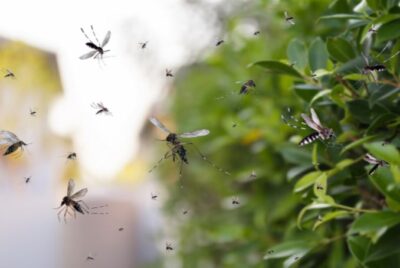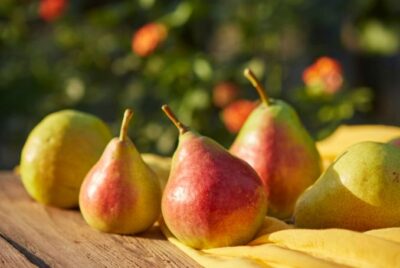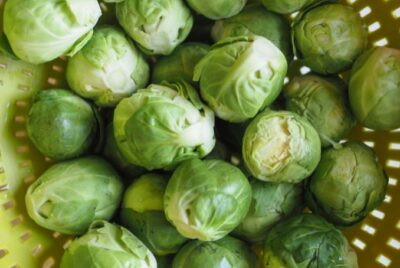Can Chickens Eat Tomatoes? A Comprehensive Guide
Chickens have their own dietary needs and restrictions, and it can sometimes be challenging to determine what is safe and beneficial for them to consume. A common point of confusion amongst many poultry owners is the safety of feeding tomatoes to chickens.
Tomatoes, being abundant and rich in nutrients, seem like a natural choice. However, conflicting information about their potential toxicity and health effects can make this a frustrating conundrum. So can chickens eat tomatoes? In this guide, we will help you decide whether or not to toss that juicy tomato into the chicken coop.
Can Chickens Eat Tomatoes?
Yes, chickens can eat tomatoes. However, they should only consume ripe, unspoiled tomatoes in moderation. Tomatoes come from the nightshade family, which contain a compound known as solanine that can be toxic, but ripe tomatoes have very low levels of this compound.
While chickens enjoy tomatoes and can benefit from the vitamins they provide, too many tomatoes can result in an imbalance of nutrients, particularly calcium which is critical for laying hens. So, while tomatoes can be a part of a chicken’s diet, they should be fed sparingly and treated more as a snack or treat rather than a core part of their dietary intake.
Read also: Best Plants to Grow as Chicken Feed Alternatives
Benefits of Eating Tomatoes for Chickens
Tomatoes can provide various health benefits for chickens when included in their diet in moderation. Tomatoes are rich in Vitamin C, which can help to bolster the chicken’s immune system, protecting them from common illnesses.
It can also contain lycopene, a powerful antioxidant that potentially promotes overall health. While most studies on lycopene’s benefits, such as the reduced risk of certain diseases, focus on humans, it’s plausible that chickens might experience similar advantages.
Furthermore, tomatoes are a good source of potassium, an essential mineral for maintaining proper heart and muscle function in chickens.

How to Feed Tomatoes to Your Chickens Safely?
Ripe Tomatoes Only
Only ripe tomatoes should be given to chickens. Green or unripe tomatoes, as well as the plant and leaves, can contain higher levels of solanine, a substance that can be toxic.
Limit Quantity
Tomatoes should only make up a small portion of your chickens’ diet – no more than 5%. Overfeeding tomatoes can lead to nutritional imbalances, as they lack certain vital nutrients found in a balanced poultry diet.
Avoid Moldy Tomatoes
Chickens should not eat moldy tomatoes. Mold can include harmful or dangerous toxins that can make the chickens sick.
Serve in Small Pieces
To make sure all your chickens get a share of the treat and to prevent choking, cut the tomatoes into small, manageable chunks before serving.
No Tomato Plants
The plants (leaves, stems, and vines) from the tomato plant can be harmful to chickens, as they contain higher levels of solanine, so keep your chickens away from these parts of the plant.
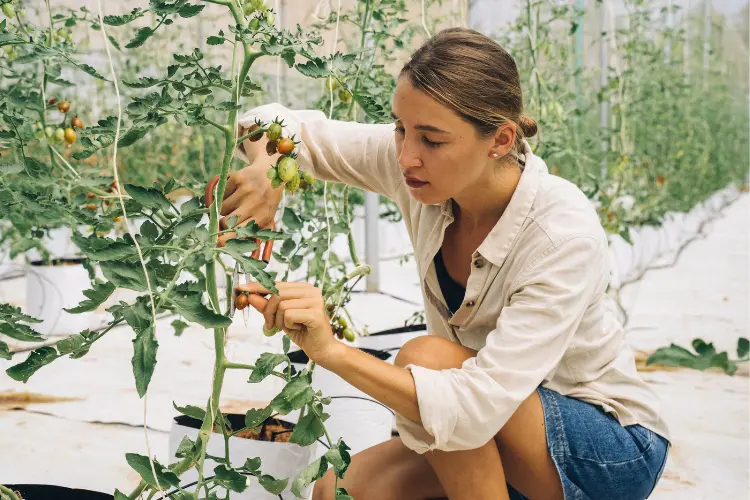
Bad Effects of Tomatoes on Chicken
Tomatine Poisoning
Tomatine is a naturally occurring glycoalkaloid found in the green parts of tomato plants (leaves, stems, and unripe fruit). If chickens ingest a significant amount of tomatine, they may suffer from tomatine poisoning.
While chickens can handle small amounts of these substances, consuming large quantities can lead to toxicity. Chickens generally avoid eating the green parts of tomato plants unless food is scarce or they are overly curious.
What are the Symptoms?
The symptoms of tomatine poisoning in chickens can vary depending on the amount ingested and the size and general health of the chicken. However, some common symptoms to look for are:
- Chickens may become less interested in food or may stop eating entirely.
- Chickens suffering from tomatine poisoning might appear weak, less active, or lethargic.
- In severe cases, chickens may have trouble breathing due to the toxic effects on their respiratory system.
- Hens may lay fewer eggs or stop laying altogether if they have ingested a significant amount of tomatine.
- Changes in normal behavior, such as a chicken isolating itself from the flock, can be a sign of illness.
- Some chickens may show signs of loss of balance or coordination.
Effect of Tomatoes on Egg-Laying Performance
Tomatoes can have a potentially beneficial impact on the egg-laying performance of certain poultry, such as chickens if appropriately integrated into their diet. Rich in vitamins A, C, and K and vital minerals such as potassium and folate, tomatoes can contribute to the overall health of the birds, which can, in turn, boost egg production. They also contain lycopene, a powerful antioxidant known to protect body cells from damage, possibly leading to increased longevity and productivity of the birds.
Furthermore, like all foods, tomatoes should be fed in moderation and as part of a balanced diet. They should not replace high-protein feeds, which are essential for optimal egg production. Therefore, while tomatoes can be a beneficial supplement, their influence on egg-laying performance depends on balanced, proper feeding practices.
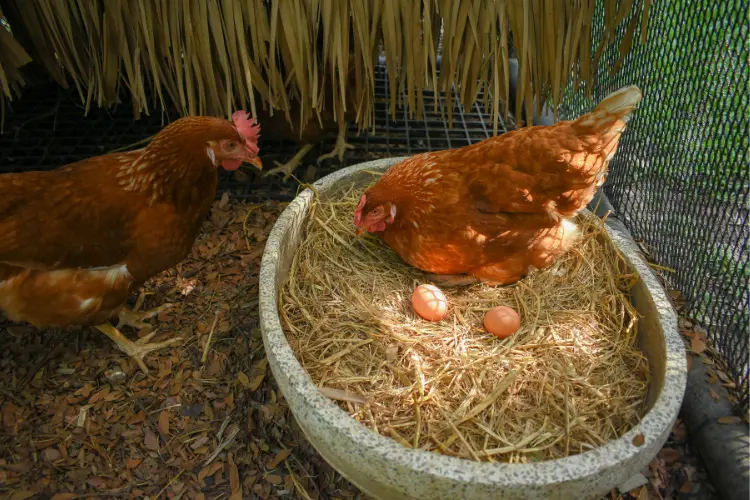
How Many Tomatoes Can Chickens Safely Eat?
The exact number of tomatoes a chicken can safely eat depends on the size of the tomato and the size of the chicken, but tomatoes should only constitute a small part of the chicken’s diet.
As a general guideline, treats or supplementary foods like tomatoes should make up no more than 10% of a chicken’s daily intake. Most of a chicken’s diet should be a nutritionally balanced poultry feed, which ensures they receive the proper balance of nutrients needed for overall health and egg production.
Can Chickens Eat Green Tomatoes or Unripe?
No, feeding chickens unripe or green tomatoes is not advisable. Unripe tomatoes, much like the leaves and stems of the tomato plant, contain solanine. Solanine is a substance that can prove toxic for chickens if consumed in significant quantities. It’s important to ensure the safety of your poultry by providing only ripe tomatoes, which are free of this substance.
Can Chickens Eat Tomato Flowers?
It’s not advisable. Tomato flowers may contain solanine, like the leaves, stems, and unripe fruit of the tomato plant. To be on the safe side, it’s best to avoid feeding your chickens tomato flowers.
Can Chickens Eat Tomato Stems?
Feeding chickens tomato stems is not advisable. The stems of the tomato plant, like the leaves and unripe fruits, contain solanine. This substance can be harmful, even toxic, to chickens if ingested in large amounts. For the health of your chickens, it’s recommended to provide only ripe tomatoes and to avoid the rest of the plant.
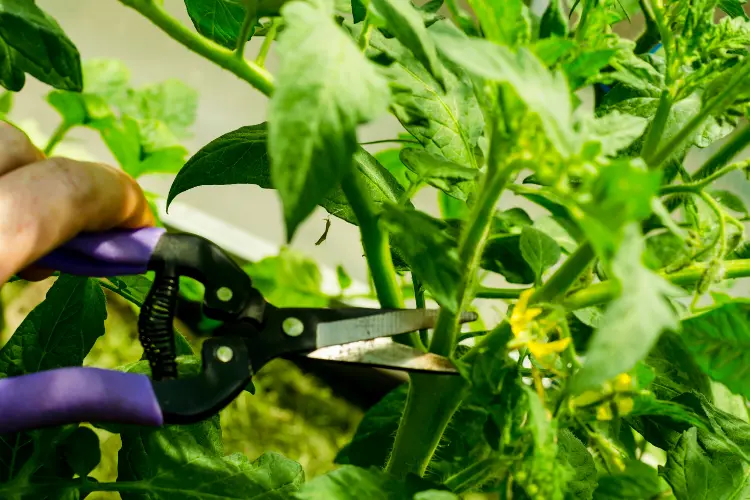
Can Chickens Eat Tomato Seeds?
Yes, chickens can eat tomato seeds. The seeds don’t contain solanine, so they’re safe for chickens. But as with all treats, they should be given in moderation.
Can Chickens Eat Moldy Tomatoes?
Chickens should not be fed moldy tomatoes. Mold can contain harmful mycotoxins that can potentially cause illness or even death in chickens. Always ensure the tomatoes you provide as a treat for your chickens are fresh and free from mold, not just for their enjoyment but crucially for their health.
Will Chickens Eat Raw Tomatoes?
Yes, chickens will eat raw tomatoes. In fact, it’s best to feed them raw as cooking doesn’t provide any additional benefits and cooked tomatoes can remove some of the nutrients found in fresh tomatoes. Always ensure that the tomatoes are ripe and not green to avoid any potential solanine toxicity.
Best Food Alternatives to Tomatoes
- Leafy Greens: Spinach, lettuce, kale, and other leafy greens are excellent for chickens. They are high in nutrients and provide a nice change in their diet. Just ensure they are clean and fresh.
- Bananas: A great source of vitamins and minerals, bananas are a safe and beloved treat for chickens. Remarkably, chickens can eat almost every part of the banana, including the peel. Just make sure to wash the banana well before offering it to them to remove any possible pesticide residues.
- Grapes: Grapes are juicy and loved by chickens. They can eat both the fruit and the skin, but make sure the grapes are cut in half or quarters to prevent choking, especially for smaller birds. Grapes should be washed thoroughly before feeding.
- Vegetables: Pumpkins, carrots, cucumbers, peas, and broccoli are all safe for chickens to eat. They provide a variety of textures and nutrients. Pumpkin seeds, in particular, are known to help naturally deworm chickens.
- Grains: Alongside rice, other grains like oats, barley, and quinoa can be fed to chickens. They provide energy and help keep the chickens warm in cooler weather.
- Worms and Insects: Mealworms are a favorite treat for many chickens, and other insects or worms can provide the necessary protein. Earthworms, crickets, and even kitchen pests like flies and spiders can be part of their diet.
Read also: What Do Chickens Eat – 201 things on our list
The Final Verdict on Chickens and Tomatoes
Chickens can eat ripe tomatoes. This versatile fruit can be a nutritious addition to their diet. However, it’s crucial to ensure the tomatoes are ripe and free of any signs of spoilage. The green parts of the tomato plant, including the leaves, stems, and fruits, should be avoided due to their solanine content.
While tomatoes can be a healthy treat, they should not replace a balanced chicken feed. Always introduce new foods gradually to monitor for any adverse reactions, and maintain a balanced diet for your chickens. Like any treat, tomatoes should be offered in moderation.

Explore also:


